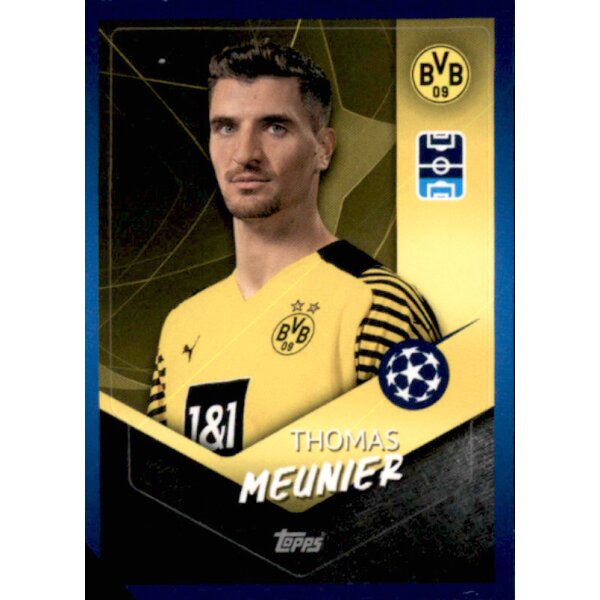Exploring Dortmund: A City Rich in History and Culture

Introduction
Dortmund, located in the North Rhine-Westphalia region of Germany, is a city that showcases a dynamic blend of history, culture, and modern development. With its rich industrial background and transformation into a hub for technology and innovation, Dortmund is a vital center not only in Germany but also in Europe. Its evolution offers valuable insights into changes in urban landscapes, making it a relevant topic for both historians and tourists alike.
Historical Overview
Founded in the 9th century, Dortmund initially flourished as a trading city. The establishment of the Hanseatic League further boosted its economy, but it was during the 19th century that Dortmund emerged as a powerhouse of the coal and steel industries. This industrial boom attracted a significant workforce, which shaped the demographic and cultural fabric of the city. Today, remnants of this industrial past can be observed through various museums and preserved sites throughout Dortmund.
Modern Developments
In recent years, Dortmund has undergone extensive urban renewal projects aimed at revitalizing its city center and fostering innovation. The city has embraced technology, with initiatives to become a leader in digitalization and smart city developments. Institutions like the TU Dortmund University and the Digital Hub are pivotal in blending research with practical applications, enhancing not only the local economy but also contributing to global technological advancements. Dortmund has increasingly positioned itself as an attractive destination for tech startups and entrepreneurs.
Cultural Significance
Beyond its industrial roots, Dortmund is renowned for its cultural offerings. Home to several museums, such as the Museum Ostwall and the Dortmund U, a former brewery turned cultural center, the city is vibrant with art and creativity. Moreover, it hosts numerous events throughout the year, including the Dortmund Christmas Market, which attracts visitors from far and wide. The city’s football club, Borussia Dortmund, is also a significant part of its cultural identity, drawing attention from sports fans internationally.
Conclusion
Dortmund is a city that elegantly marries its storied past with a forward-thinking approach to development and culture. As it continues to evolve, it sets an example for other cities facing the challenges of industrial decline and urban renewal. For visitors and locals alike, Dortmund offers a unique perspective on the importance of balancing history with modernity, making it a noteworthy destination in Germany and beyond. The city’s transformation will likely continue to attract attention in future dialogues surrounding urban innovation and cultural heritage.









